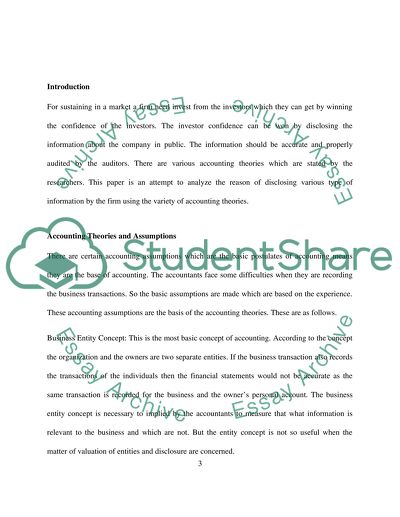Cite this document
(“Accounting Theory: Firms Disclosure of Information Essay”, n.d.)
Accounting Theory: Firms Disclosure of Information Essay. Retrieved from https://studentshare.org/finance-accounting/1439161-accounting-theory-firms-disclosure-of-information
Accounting Theory: Firms Disclosure of Information Essay. Retrieved from https://studentshare.org/finance-accounting/1439161-accounting-theory-firms-disclosure-of-information
(Accounting Theory: Firms Disclosure of Information Essay)
Accounting Theory: Firms Disclosure of Information Essay. https://studentshare.org/finance-accounting/1439161-accounting-theory-firms-disclosure-of-information.
Accounting Theory: Firms Disclosure of Information Essay. https://studentshare.org/finance-accounting/1439161-accounting-theory-firms-disclosure-of-information.
“Accounting Theory: Firms Disclosure of Information Essay”, n.d. https://studentshare.org/finance-accounting/1439161-accounting-theory-firms-disclosure-of-information.


